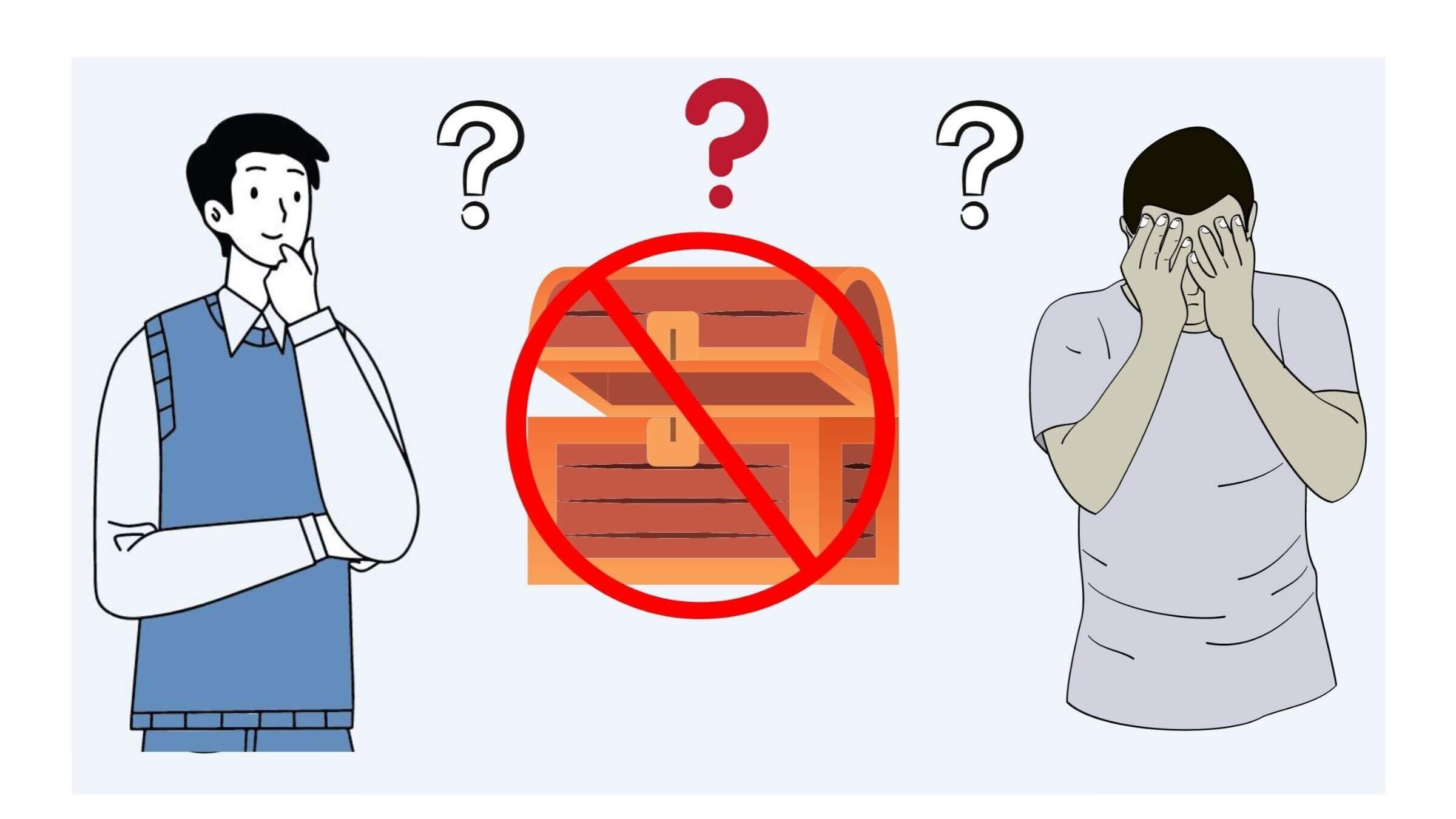Bintel BriefI’m Jewish — and my friend just asked me to help him dispose of Nazi memorabilia
The fine art of telling someone with good intentions that they have upset you

A tip: If you have Nazi memorabilia to dispose of, don’t ask your Jewish friends for help. Image by Forward Collage
The Forward has been solving reader dilemmas since 1906 in A Bintel Brief, Yiddish for a bundle of letters. Send us your quandaries about Jewish life, love, family, friends or work via email, Twitter or this form.
Dear Bintel,
Recently, a high school friend wrote to me to ask for advice. He had found his grandfather’s military mementos, including German military insignia — a couple of Iron Crosses and a few items bearing swastikas. He asked me if I know what is appropriate to do with this paraphernalia — burn it, melt it? — and whom he might ask about what to do with it.
My question isn’t what he should do with the stuff, but rather, how do I tell this non-Jew (whom I am actually quite fond of) not to ask Jews what to do with their family’s antisemitic heirlooms? For context, when we were growing up, it’s likely that my family were the only Jews he knew. My family were the only Jews I knew!
Sincerely,
Feeling Burdened
Dear Burdened,
Oh, I feel for you. It’s a tricky situation, being frustrated with a friend who you know has good intentions.
And I’m angry on your behalf. It’s very easy to Google “how to dispose of Nazi memorabilia.” The New York Times has a thoughtful guide, one of several to show up on the first page of results. It’s more than disappointing that your friend, rather than do the most basic due diligence, tried to offload his burden onto you.
I’m wondering why your friend, consciously or subconsciously, feels less embarrassed about posing this question to you than to the internet.
Perhaps it just means he trusts you. Or perhaps — and this is what I suspect — it means he doesn’t want that question in his search history, because he’s not quite ready to reckon with what this collection means within his family.
In Exodus, the Torah suggests that God punishes children for the sins of their parents — a passage rabbis have often interpreted as applying only to children who are not independently righteous. It’s possible your friend fears that if he’s honest about his grandfather’s sins, he’ll be punished for them. Tough luck: He’s going to have to be honest about them to avoid that very outcome.
(Is the grandfather’s collection a sin? An indication of some moral flaws? There are those who say there are good reasons to hold onto Nazi memorabilia. I say they’re frequently wrong.)
It’s not your job to make your friend confront this family legacy. But if you’re honest about how his question made you feel, you can help him begin that process.
Your first step is to be honest with yourself about how this interaction really made you feel. I suggest journaling. Ask yourself: Does this kind of request fit into any sort of pattern of behavior on this friend’s part? Does it connect to other challenging experiences you’ve had as a Jew, particularly coming from a place where you and your family were something of a rarity? If you weren’t worried about hurting his feelings, what would you want to say to him about this incident?
When you’re ready to talk to your friend, here are some guidelines for healthy emotional conversations: Use “I” statements (“I feel this way,” not “you made me feel this way”); don’t raise your voice; and be direct. Try to fight the instinct to apologize on your friend’s behalf, and instead see if he listens, understands where you’re coming from and takes accountability.
If he does, that’s his first step to the righteousness the rabbis talk about. “Righteous” can be an uncomfortable word — very fire-and-brimstone. But there’s a reason non-Jews who risked everything to save Jews from the Holocaust are known as the Righteous Among the Nations. There is little more ethically noble than having the courage to know when those you are close to — your family, your neighbors — are wrong, and to do what you can to counter their wrongdoing.
Your friend has the opportunity to show this courage. By speaking to him about the way he mishandled this, you’ll give him the opening to take it. And no matter how uncomfortable the conversation might be, that is assuredly a mitzvah.
Sincerely,
Bintel
Do you have an opinion about this Bintel, or a question of your own? We’d love to hear from you. Email [email protected].























